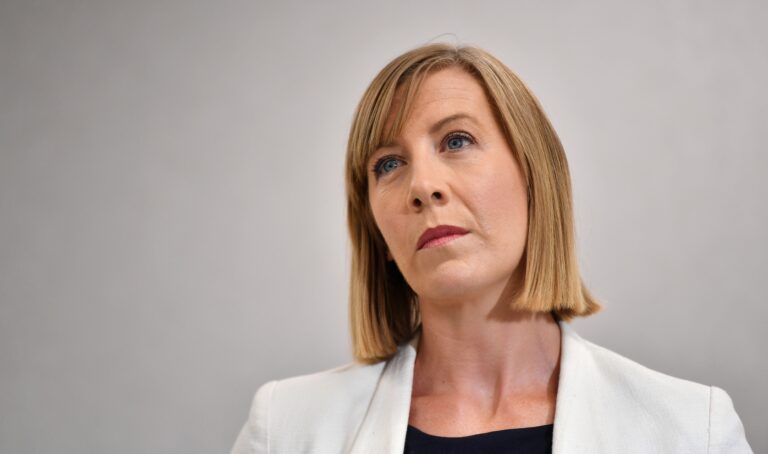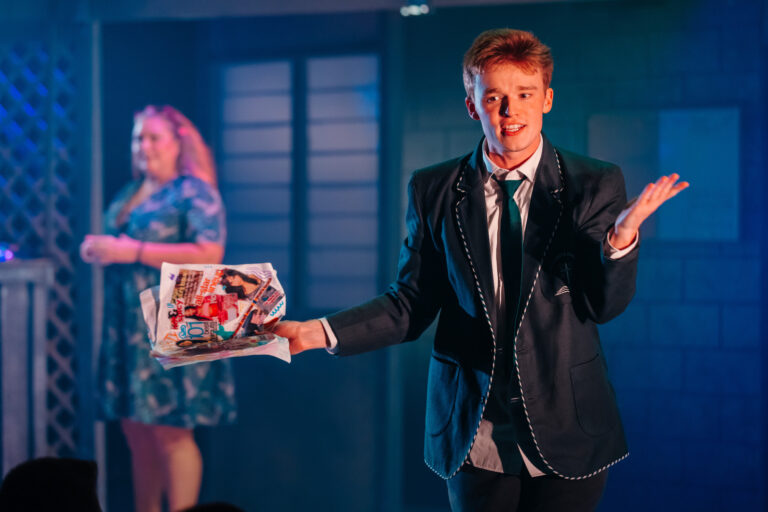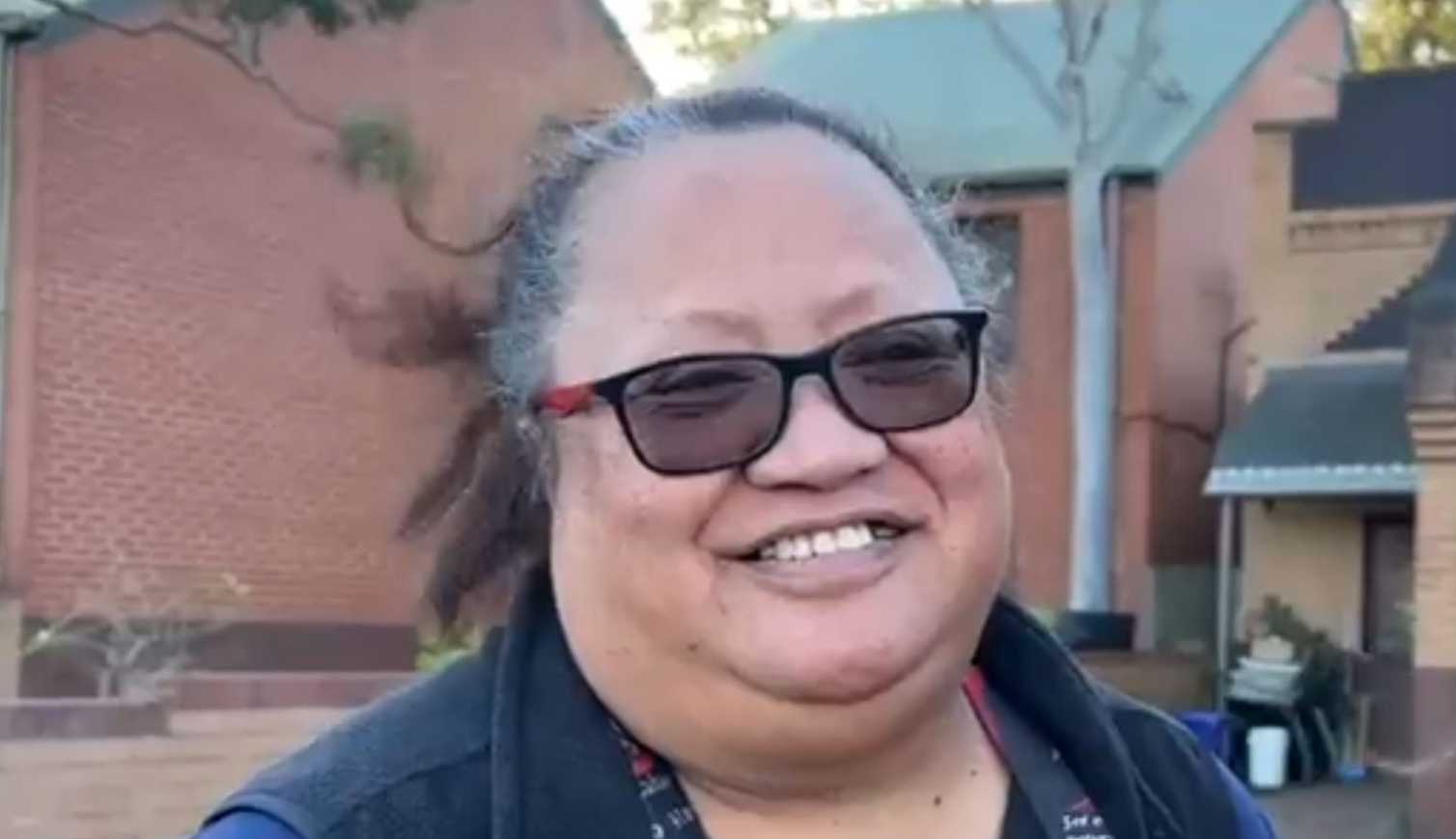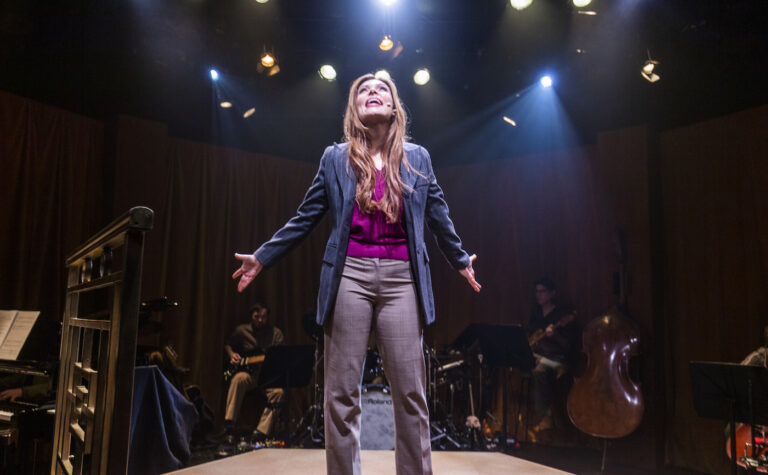
Right to protest under threat
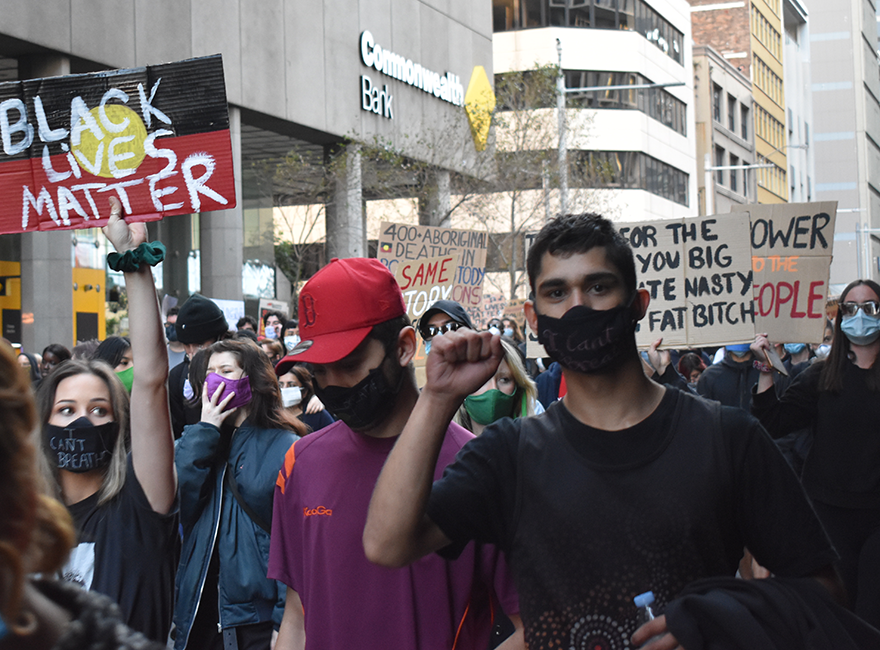
By ALLISON HORE
Activists, politicians, union officials and legal experts are calling for “democracy to be restored” in NSW in the midst of the COVID-19 pandemic.
Despite not a single documented case of Coronavirus transmission occurring at a protest in Australia, COVID-19 health and safety orders have been used to shut down a number of protests in Sydney over the past couple of months. And the increasingly heavy-handed police response has activists worried.
But behind the scenes, a campaign to protect the right to protest has been building traction. The campaign, “Democracy is Essential”, calls for protest gatherings to be allowed an exemption under the NSW Public Health orders and has been backed by public figures, academics and politicians including Jenny Leong and Jamie Parker from the Greens.
Eleanor Morley, one of the campaign’s founders, told City Hub the campaign came about in response to “escalating police and state repression” towards organised protests during the pandemic. But she said the pattern of police shutting down protests is not new and worries it will continue long after the pandemic.
“I think this is something that has been building for some time, and now the pandemic is being used as an excuse to escalate the level of repression,” she said.
“There’s nothing that suggests it will be just protest as normal when the pandemic is under control. Unless we fight and challenge, what is an effective ban on protests right now, we could expect to see this repression maintained.”
In June police successfully moved to have a Black Lives Matter protest blocked by the supreme court the night before the event was planned. Thousands of protesters defied the Supreme Court’s Order to gather at Town Hall for the rally in solidarity with the protest movement across the USA and to call for justice for aboriginal deaths in custody. Only a few minutes before the rally was about to begin did the court backtrack on their decision.
But a second Black Lives Matter rally in July was shut down by police before it even began.
“On the night of the protest about 200 police officers blocked off the venue that we were going to congregate and arrested and fined a whole lot of the organisers,” Eleanor explained.
Protests at the University of Sydney against the government’s “job ready education” package and cuts to funding and staff wages have also been subject to heavy policing. A number of campus protesters have been arrested and Sydney Uni’s Student Representative Council president Liam Donohoe estimates over $43,000 in fines have been dished out to campus protesters.
One rally last week saw protesters and observers pushed onto the ground by police. Writing for the Guardian University of Sydney law student Nina Dillon Britton called the response of police to these protests “the real ‘free speech crisis’ at Australian universities”.
A number of protesters at a transgender rights protest this month were also arrested and fined. The protest against Mark Latham’s education bill, which would outlaw education about gender fluidity in NSW schools, went ahead despite the supreme court declaring it unauthorised.
“Democratic principles” under threat
National Tertiary Education Union NSW Division Secretary Michael Thompson says that he is concerned about the police response to protests, especially those on university campuses.
“It’s extremely worrying that NSW police, with the full backing of the NSW Liberal government, have seen COVID as an opportunity to unnecessarily ban all protest,” Mr. Thompson said.
“We don’t need a police state to beat this virus, we need a sensible approach that balances risk with democratic principles.”
In September independent member for Sydney, Alex Greenwich, wrote a letter to health minister Brad Hazzard on behalf of constituents who had contacted him worried about the “double standard” of some large public gatherings being allowed while protests were not.
“Constituents who have contacted me are concerned that public health orders allow for activities that pose greater health risks than well managed outdoor protests, which are not permitted,” he said in the letter.
Mr. Greenwich said he believes protests can be COVID-safe and that the public health orders could be amended to allow for protest events to be run if they have an approved COVID-19 safety plan. He asked the health minister to investigate conditions under which protests may be able to run.
“The need to collectively and publicly voice opinion or dissent of a political nature has not disappeared with the pandemic – the Black Lives Matter movement is a case in point,” he said.
“Hypocritical” police response
Even when rallies are planned with COVID-19 safety measures in mind, protest organisers say tactics used by the police make it difficult for them to carry out their COVID-19 safety plans. Eleanor says the move is “hypocritical” and shows the police have little regard for the health and safety of protesters or people they may come into contact with.
“Something they have started to do at the last few protests is kettle protesters,” she said
“What that means is police form a line around the border of the crowd of protesters and start moving in, so they shove people into a smaller space where it is physically impossible, then, to socially distance.”
Eleanor says that the social justice issues activists are fighting about “have not been put on hold because of the pandemic” and says “safe events” for people to attend. She says the health and safety measures put into place make the rallies safer than going to crowded beaches or catching public transport.
“We have COVID-safe plans for each protest that we have been implementing, you’ll see everyone in attendance is wearing masks, people are going around with hand sanitiser, at the start when we have the speeches, they’re all socially distanced,” she explained.
As for the police response, Eleanor says people interested in taking a stand should do so and “not let [the police’s] scare tactics succeed”.
“They behave in this way to try and scare people away from protesting. But protesting is one of the most basic democratic rights that people have and to allow them to scare people off from attending rallies would be a real shame,” she said.
Organisers of this month’s transgender rights rally agree that the police action is designed as a scare tactic. They took to social media to say, “we oppose this draconian use of fines to scare activists from fighting against bigotry and oppression.”
